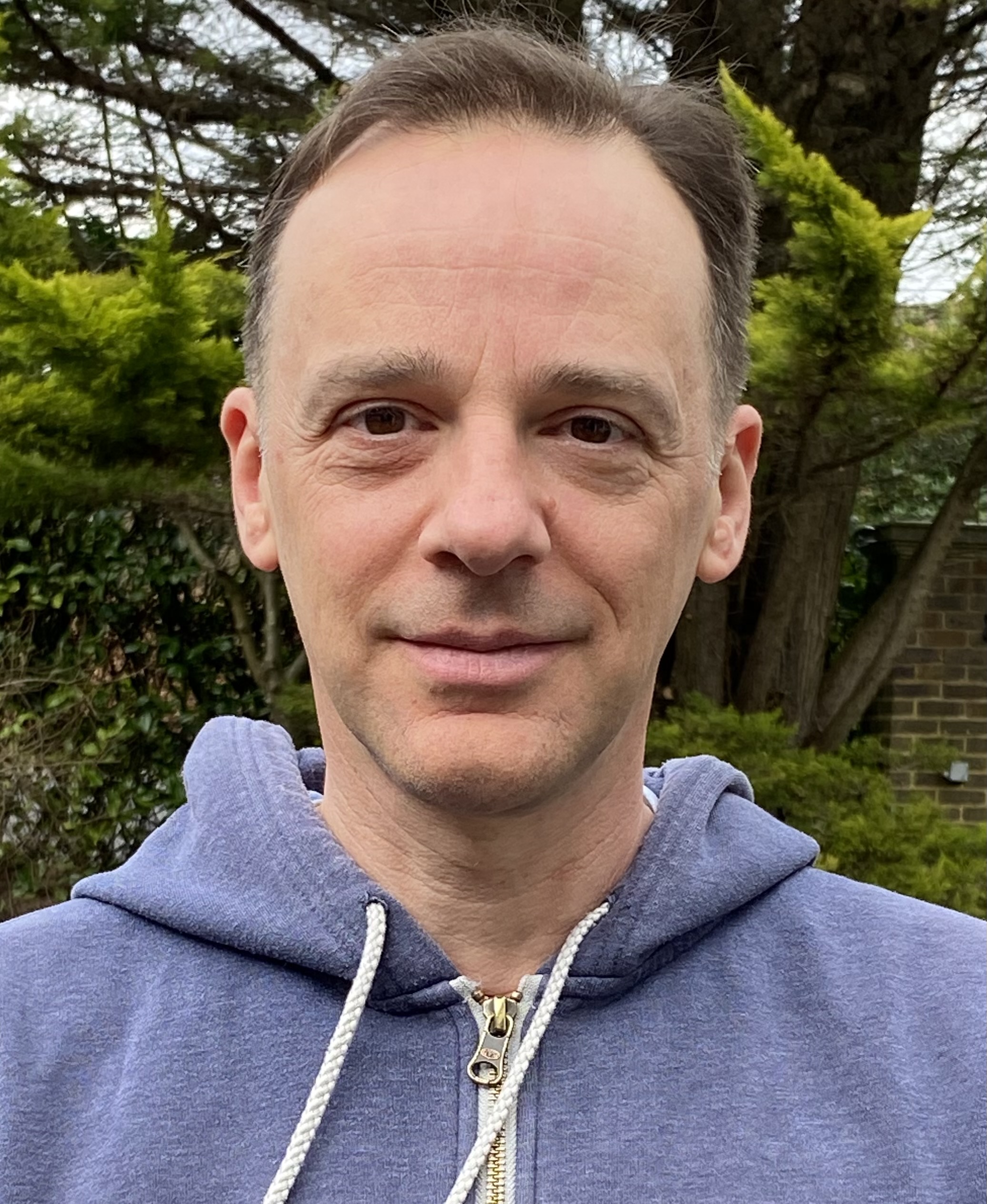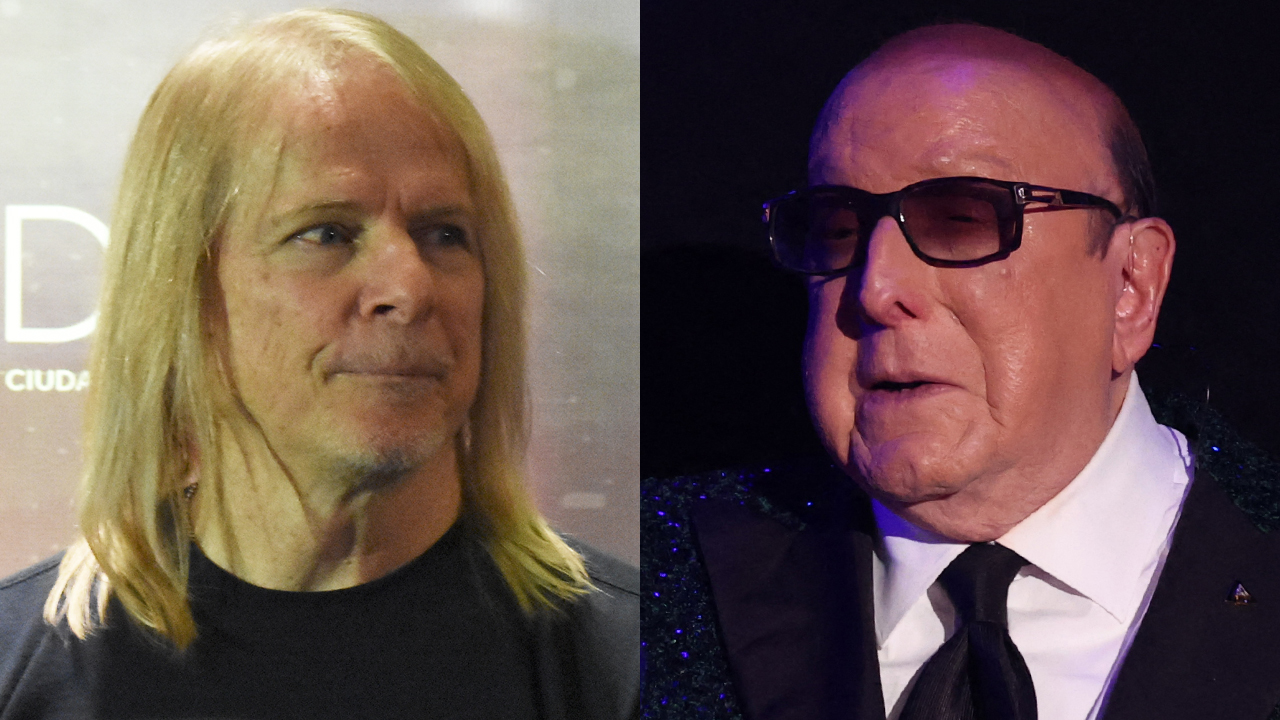Big Big Train and the making of English Electric Part 1
With a stunning new album, English Electric, and an ever- growing line-up, Big Big Train are powering ahead.
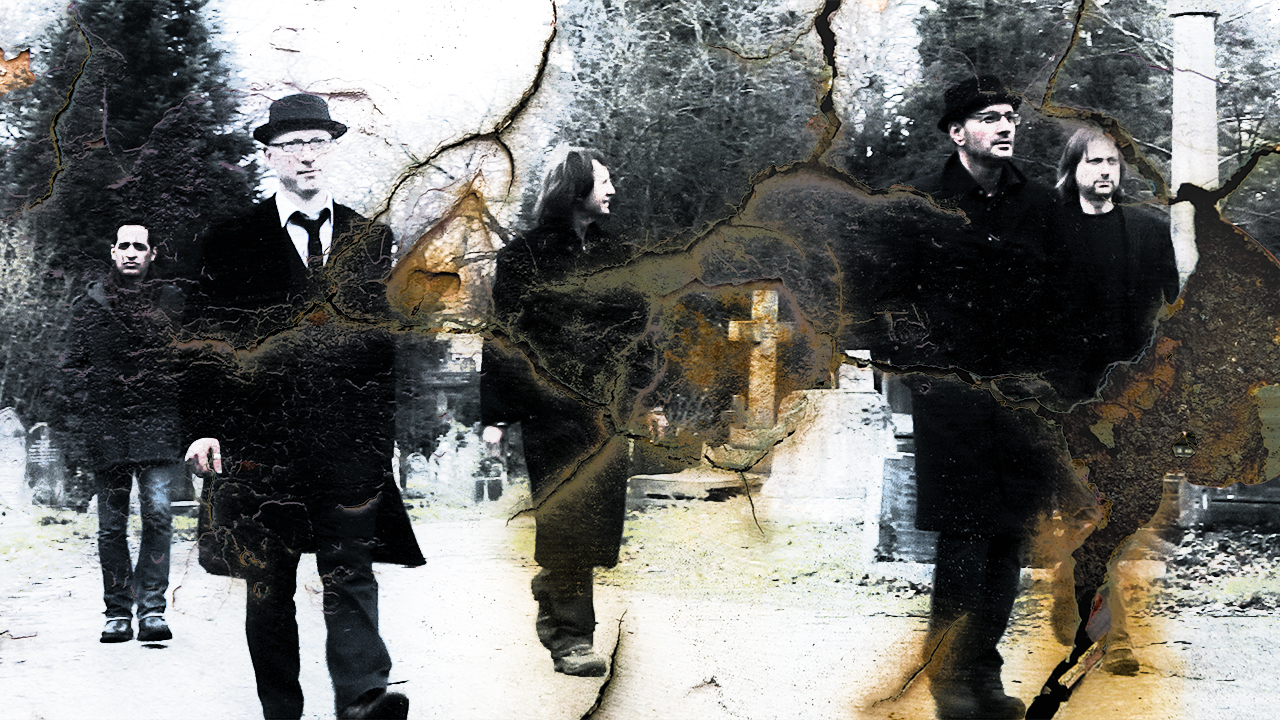
Select the newsletters you’d like to receive. Then, add your email to sign up.
You are now subscribed
Your newsletter sign-up was successful
Want to add more newsletters?

Every Friday
Louder
Louder’s weekly newsletter is jam-packed with the team’s personal highlights from the last seven days, including features, breaking news, reviews and tons of juicy exclusives from the world of alternative music.

Every Friday
Classic Rock
The Classic Rock newsletter is an essential read for the discerning rock fan. Every week we bring you the news, reviews and the very best features and interviews from our extensive archive. Written by rock fans for rock fans.

Every Friday
Metal Hammer
For the last four decades Metal Hammer has been the world’s greatest metal magazine. Created by metalheads for metalheads, ‘Hammer takes you behind the scenes, closer to the action, and nearer to the bands that you love the most.

Every Friday
Prog
The Prog newsletter brings you the very best of Prog Magazine and our website, every Friday. We'll deliver you the very latest news from the Prog universe, informative features and archive material from Prog’s impressive vault.
Some bands explode onto the progressive scene making an instant impact. Others evolve slowly but surely; in Big Big Train’s case the journey has spanned more than 20 years. While earlier albums had their charms, the band have hit a rich vein of form since 2009’s The Underfall Yard and 2010’s Far Skies Deep Time EP, both of which received high praise in these pages. But two decades after first embarking on their musical path, BBT have now produced their first truly essential album in English Electric Part 1.
Unusually, BBT have opted to divide English Electric into two parts rather than release a double album. “We felt that it would be too much new music to absorb in one chunk and it would be better to spread it,” guitarist Greg Spawton explains.
The sheer quality of BBT’s oeuvre has improved considerably in recent years. It’s perhaps no coincidence that while Spawton and fellow co-founder bassist/keyboardist Andy Poole remain on board, BBT’s upwards curve ties in with the arrival of vocalist/multi-instrumentalist (and some-time Genesis auditionee) David Longdon, former XTC guitarist Dave Gregory and former Spock’s Beard drummer Nick D’Virgilio.
Having been invited by former IQ keyboardist Martin Orford to sing on his swansong album The Old Road, Longdon was introduced by engineer Rob Aubrey to Spawton and Poole. In turn Longdon brought Gregory into the fold. Gregory contributed some guitar to Last Train on The Underfall Yard. “That was my initiation process. It went well and they kept sending me more and more work. Big Big Train is my musical home without a doubt,” he proclaims.
Similarly, Aubrey was responsible for introducing D’Virgilio to BBT while the band were working on their 2007 album The Difference Machine. “We tried him out on Perfect Cosmic Storm and were just completely blown away. He hadn’t had a chance to listen to the track previously but came to the studio and just nailed it,” Poole says. A minor complication is that while four-fifths of BBT are based in England, Californian D’Virgilio is currently residing near Boston to play in a Cirque du Soleil production. His commitment to Cirque is open-ended and involves between seven and 10 shows a week. “It gets very repetitive but it’s nice to be a musician and able to support my family – I’ve never had a steady gig like this in my entire career,” he comments.
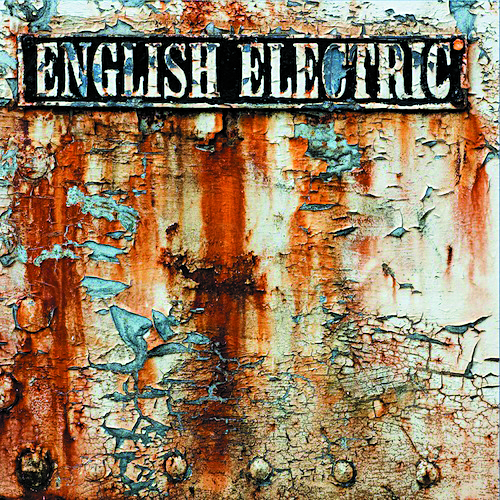
“We have to grab Nick when we can,” Poole explains. “We just take the opportunity when he’s in the UK, book studio time and get stuff ready for him. Sometimes it’s a scramble. We don’t always get that much notice.”
D’Virgilio admits, “It’s hideously impractical for me, but we have great chemistry and it works well.” Inevitably he isn’t completely integrated into BBT on a daily basis: “I just learn the songs, show up and play the music; I don’t have the responsibilities that I did in Spock’s. The other guys take care of the hard work. In Spock’s there was more pressure – I was tryingto be the face and voice too.”
Sign up below to get the latest from Prog, plus exclusive special offers, direct to your inbox!
But Poole believes D’Virgilio is genuinely engaged. “With the wonders of technology we can Skype Nick and email. He’s completely up to speed so it doesn’t feel like a disconnect. He feels very integral to the whole band.”
And great musicianship is only one part of BBT’s machinery. Given his XTC experience, Gregory is well placed to judge what makes the latest BBT incarnation so compelling. “Proper songs, great lyrics and storytelling,” he states. “You have to be a storyteller to write a good song and these guys have got plenty of stories to tell.”
Spawton had been BBT’s principal writer for many years but now Longdon has become much more involved, with the writing credits on English Electric Part 1 being broadly split between them. “Being the main writer was burdensome and I think we were missing some other angles,” Spawton admits. That said, he didn’t find relinquishing writing control easy at first. “It was a fairly difficult process for me to let go initially. But David came in and we got on so well that we’ve taken the view that whatever sounds great is the material that we run with.”
To some extent Spawton had become BBT’s principal writer historically by default. “I think my creative control was pretty organic,” he continues. “In the early days of a band it’s who comes forward with the ideas and it just became that way for us and then people tend to step back a little bit.” Recognising Longdon’s innate strength as a songwriter, Spawton was determined to give the new recruit some space. “His material has taken us to another level.”
Dave Gregory suggests: “Speaking as an outsider, it’s great that we have two very strong songwriters who are compatible. It broadens the scope of the band.”
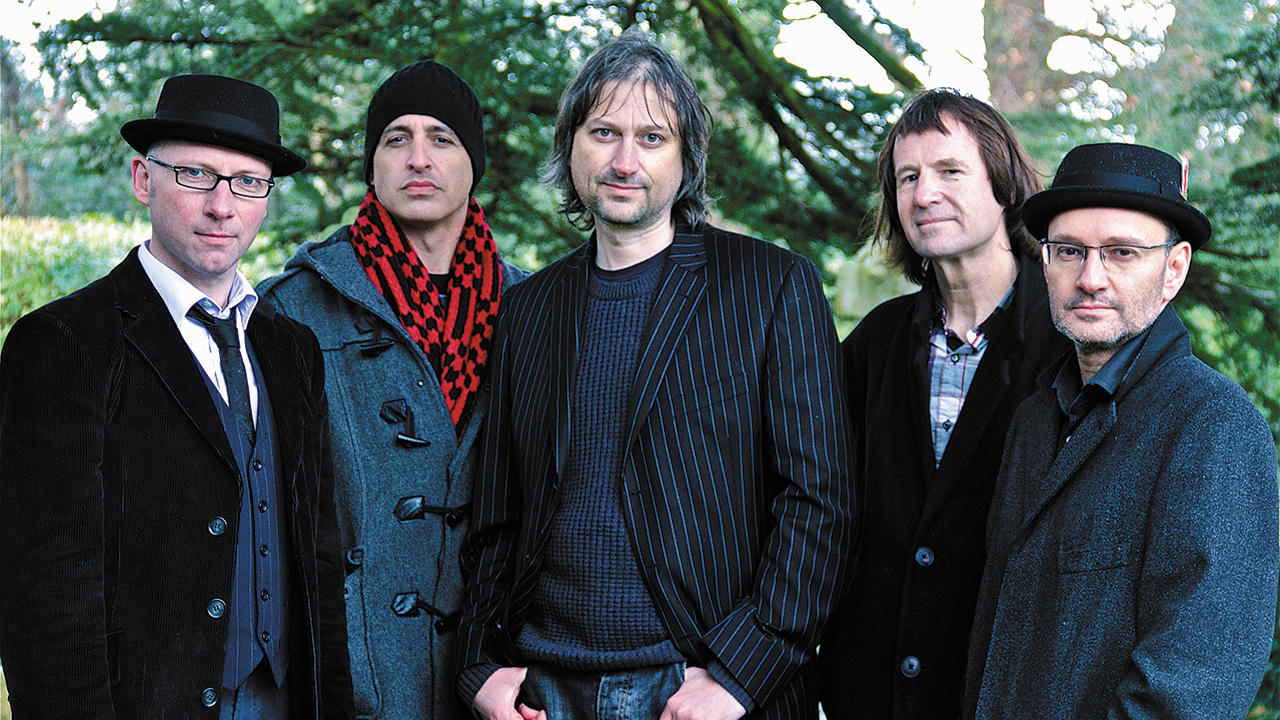
For his part, he revels in the freedom afforded him within BBT. “They give me pretty much free rein to contribute guitar parts and the odd Mellotron bits and string arrangements. Anything is welcome; you can throw whatever you like into the pot and it all becomes part of a mixed stew. Greg and David have such strong material – it’s an embarrassment of riches.”
BBT haven’t played live, however, for more than a decade. “The live thing is still very much part of our game plan,” Poole contends. “As founder members, Greg and I planned to create a substantial body of quality recorded work. We find that we get so immersed in new material and there’s such a big commitment to finish albums that by the time we’ve finished one we’re ready to do another.”
With the band continually working on fresh songs, when will we get to see them?
“Playing live is becoming an itch that I’m very keen to scratch,” adds Spawton. “I’m sure it’s something that we will get around to as soon as we get the schedule together.”
However with string players and a brass band featuring prominently on English Electric BBT face hurdles playing their music live. “That’s exactly the issue,” Spawton agrees. Given the rich instrumentation of their studio albums, BBT are reluctant to play ‘a pale imitation’.
“I think it needs to be a big, ambitious performance with the brass and strings. We’ve had offers from festivals in the States and Europe but I can see us doing those later and as a more stripped down show.
“I can see many different versions of Big Big Train live because we can happily strip down at a moment’s notice, but I want the first time with this new line-up to be the big show.”
Gregory admits he would relish playing live with BBT and is reminded of one aspect of life in his previous band. “XTC gave up touring in 1982. Until I left, in 1998, for years I got used to just going in and making records and then coming home and doing interviews. It’s frustrating for a player because it’s great to take yourself out on the road, show off and have fun when the songs are strong enough.”
Indeed, recreating the BBT sound live will represent a considerable challenge. English Electric Part 1 is wonderfully distinctive and varied, ranging from the catchy pastoral tones of Uncle Jack with its flute and banjo, to companion piece Hedgerow, to virtuoso prog workouts such as Judas Unrepentant and album highlight A Boy In Darkness.
“We try to make the most dramatic and engaging progressive music that we can,” Spawton explains. “Progressive rock is a very versatile, flexible vehicle. At its best it can be surprising and create an atmosphere. Once you listen to progressive music, the usual song arrangements won’t satisfy you any more.”
But over and above the quality of the music, the lyrical content of English Electric is intriguing, covering paeans to the beauty of the English countryside through to Northern colliery towns and master forgers.
“It’s about aiming for those moments that only music can deliver for the tingle factor, for the transcendent moment where music can take you away from yourself. That sounds terribly pompous but that’s what we’re after, that emotional connection with individuals which we can deliver in terms of the melodies and lyrics.”
For one of the most distinctive albums of the year by a band that has truly come of age, look no further. And if they decide to play the new songs live, then it’ll be a spine-tingler worth waiting for.
This article originally appeared in issue 29 of Prog Magazine.
Nick Shilton has written extensively for Prog since its launch in 2009 and prior to that freelanced for various music magazines including Classic Rock. Since 2019 he has also run Kingmaker Publishing, which to date has published two acclaimed biographies of Genesis as well as Marillion keyboardist Mark Kelly’s autobiography, and Kingmaker Management (looking after the careers of various bands including Big Big Train). Nick started his career as a finance lawyer in London and Paris before founding a leading international recruitment business and has previously also run a record label.
